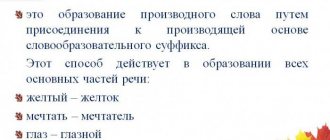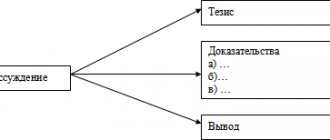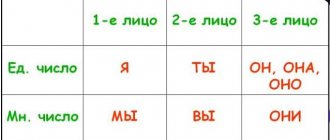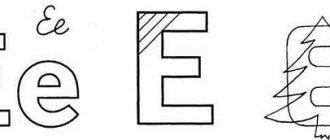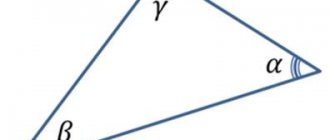Download material
so UNT / Lesson plans for the Russian language / Lesson plans for the Russian language 7th grade
Lesson 60. Perfect participles
14.12.2011 25983 2709
Lesson 60. Perfect participles
Goals:
familiarize students with the ways of forming perfect participles; improve spelling and punctuation skills.
Methodical techniques:
conversation on issues, linguistic analysis, teacher explanations, training exercises, work on speech errors; vocabulary work, tasks on entertaining linguistics.
During the classes
I. Linguistic warm-up
Difficult dictation
The teacher dictates verbs from which students must form imperfective participles.
Late, hurry, scoop, follow, win, stick, grumble, stand, designate, shout, pamper, throw, jump, win, rust.
A comment.
Imperfective participles are not formed from the verbs
grunt, toss, and win,
since these are perfective verbs.
II. Checking homework
1. Talk about imperfective participles.
2. Exercise 177: chain checking; at this time, three students at the blackboard perform linguistic analysis: word-formation and compositional analysis - while asleep;
morphological -
luminary
syntactic - 1st sentence.
A comment.
The word
luminary
must be considered in context.
In this sentence, this is a noun as the subject. Let's give an example with the homoform of the word - the verb to shine
the form of the neuter past tense: On white
, the sun shone in the north, almost without setting.
III. Studying the topic “Perfect participles”
1. The teacher's word.
If imperfective participles mean unfinished additional actions, then it is easy to guess that perfect participles mean completed, completed additional actions and answer the question of what to do!
Let's look at the textbook table (§ 30, p. 84).
Perfect participles are most often formed from the stem of the infinitive form of the verb. Please note that the suffixes of perfective participles -v, -louse, -shi {arranged, crashed)
are similar to the suffixes of the active past participles
-вш-, -ш-.
How not to confuse them? The main thing is to remember that participles are an unchangeable part of speech, that is, they have no endings, while participles have endings.
In addition, perfect participles can be formed from the base of the simple future tense of some verbs using the suffix -a (-я): breathing, seeing.
Note also that the suffixes - lice, -shi
have a conversational tone.
If after them there is a postfix -sya (-s),
this / shade disappears:
having caught
-
having caught, carried away - carried away.
2.
Syntactic analysis of sentences, characteristics of gerunds.
The ice that thundered and cracked and crashed and hit the granite of the embankment had long been changing and growing... l.
(Ilf, Petrov.)
(The ice, which rattled, cracked and hit the granite of the embankment, had long since crushed and melted.)
IV. Doing exercises
1. Exercise 178: orally.
2. Exercise 179: oral analysis; work on spelling standards. Let’s clarify the task: write down the perfect participles formed from these verbs into several groups (according to the place of stress):
1) with emphasis on the second syllable: get, borrow, hire, start
2) with emphasis on the third syllable: calm down, dislike,
bring;
3) with stress on the fourth syllable: dispose.
3. Exercise 180: commented letter. A comment,
it is impossible to form a perfect participle
form from the verb to be late,
because it is of an imperfect form.
4. Exercises 182,183: independent work on options, followed by mutual verification.
V. Entertaining linguistics
The great actor Arkady Raikin had one of his most memorable film roles in the film “The Magic Power of Art.” His hero, also an actor, wanting to help his old teacher, who was being tormented by boorish neighbors, put on the guise of an even greater boor and put the presumptuous neighbors in their place. They did not understand intelligent speech, and the hero spoke to them in a language they could understand: “Oh, gentlemen and ladies! You and I have not said goodbye! What happened to you? Why have you changed your face? Are you sick?"
Explain intentional speech errors, correct sentences.
Homework
1.
§30.
2. Exercise 181.
3. Exercise 186: orally (preparation for dictation).
4. Select materials from sports newspapers describing matches and competitions.
See the downloadable file for the full text of the material.
The page contains only a fragment of the material.
